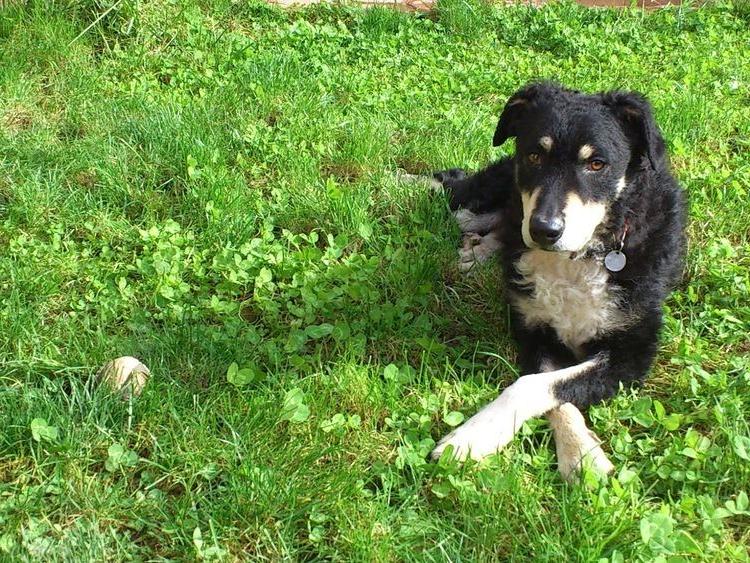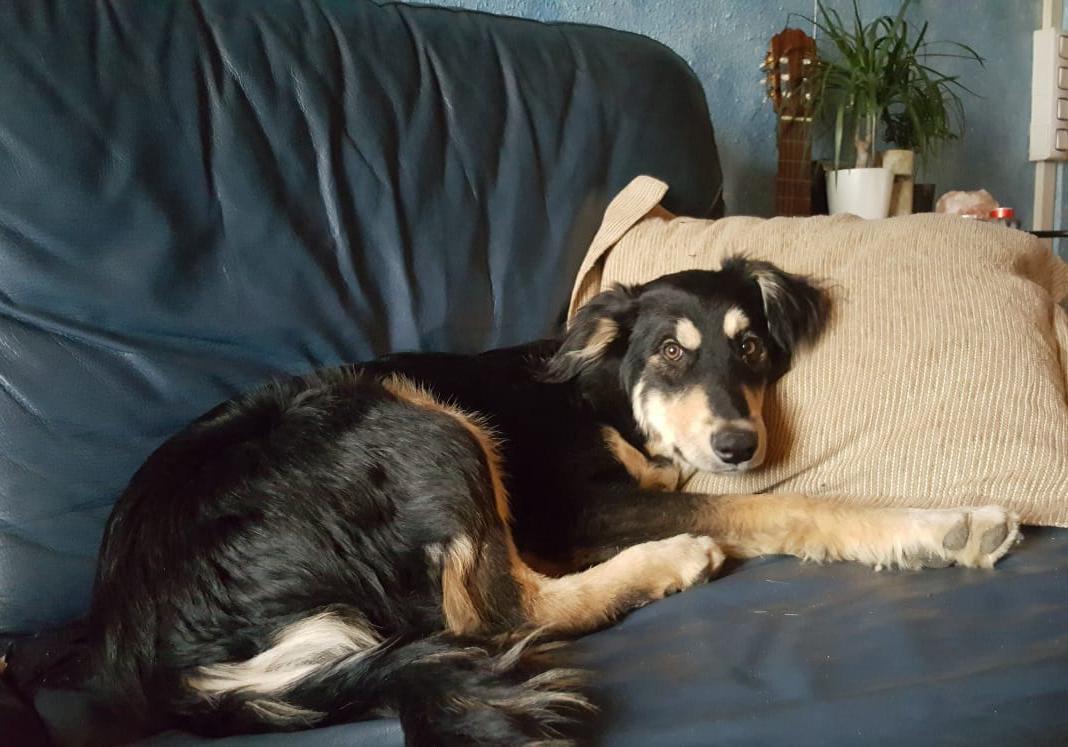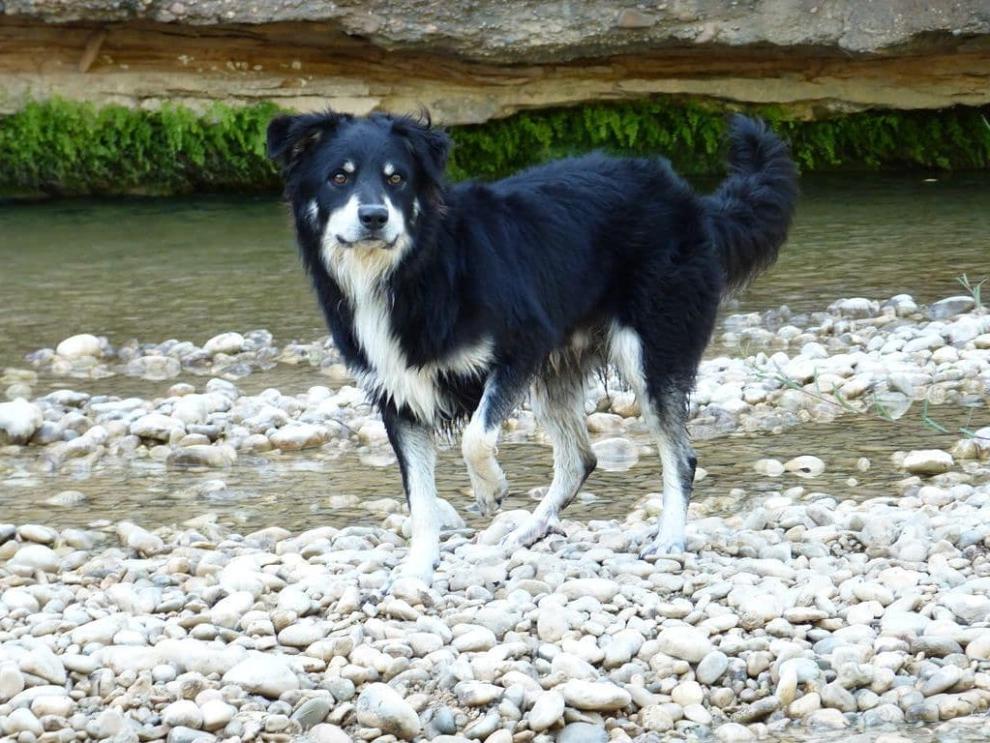Did you know that the Can de Chira is one of the rarest dog breeds in the world, with only a few hundred known to exist? This unique breed, originating from the Canary Islands, is known for its loyalty and intelligence. The Can de Chira is a medium-sized dog with a strong, muscular build and a short, dense coat that comes in various shades of fawn and brindle. This article aims to provide you with a comprehensive understanding of the Can de Chira’s characteristics, history, and care needs. Whether you’re considering adding one to your family or simply curious about this fascinating breed, you’ll find all the essential information right here.
History and Origin

Early Development of the Breed
The Can de Chira’s roots trace back to the rugged landscapes of the Canary Islands, where it was initially bred for its resilience and adaptability. This breed emerged from a mix of local dogs and other breeds brought by explorers and traders. Over time, selective breeding honed their unique traits, focusing on their strength and intelligence. The early development of the Can de Chira was driven by the need for a versatile working dog that could handle the diverse challenges of island life.
Role in Its Native Region
In its native region, the Can de Chira played a crucial role in both agricultural and domestic settings. Farmers relied on these dogs for herding livestock and guarding property, while families valued them as loyal companions. Their ability to adapt to various tasks made them indispensable in the daily lives of the islanders.
Key Historical Figures
Several key figures contributed to the Can de Chira’s development. Local breeders, often farmers themselves, were instrumental in refining the breed’s characteristics. These individuals recognised the potential of the Can de Chira and dedicated their efforts to preserving its unique qualities. Their commitment ensured the breed’s survival and continued presence in the Canary Islands.
Physical Characteristics

Appearance
The Can de Chira is a medium-sized dog, typically weighing between 20 to 30 kilograms. Its strong, muscular build is immediately noticeable, giving it an air of both power and agility. The coat is short and dense, providing a sleek appearance that comes in various shades of fawn and brindle. These colours often blend beautifully, creating a striking pattern that sets the breed apart. Distinctive markings, such as a dark mask or white chest patch, add to its unique look.
Unique Physical Traits
One of the standout features of the Can de Chira is its robust physique. This breed is built for endurance and strength, making it well-suited for a variety of tasks. Its muscular frame is complemented by a broad chest and strong legs, which contribute to its impressive stamina. The Can de Chira’s expressive eyes and alert ears give it a keen, intelligent expression, reflecting its sharp mind and attentive nature.
Temperament and Behaviour

Typical Personality Traits
The Can de Chira is known for its loyalty and intelligence, making it a standout among dog breeds. These dogs are incredibly devoted to their families, often forming strong bonds with their owners. Their intelligence is evident in their quick learning ability and problem-solving skills. With a high energy level, they thrive in active environments where they can engage both their minds and bodies.
Suitability as a Family Pet and Working Dog
This breed is versatile, excelling as both a family pet and a working dog. Their loyalty and protective nature make them excellent companions for families, while their intelligence and strength are ideal for various working roles. Whether herding livestock or guarding property, the Can de Chira is up to the task.
Interaction with Children and Other Animals
Can de Chiras are generally good with children, displaying patience and gentleness. They can be socialised to get along with other animals, although early training is recommended to ensure harmonious interactions. Their natural protective instincts mean they often watch over younger family members, adding an extra layer of security to the household.
Training and Exercise Needs

Importance of Early Training and Socialisation
Getting a Can de Chira off to a good start with early training and socialisation is crucial. These dogs are naturally intelligent and eager to learn, so introducing them to various environments, people, and other animals early on helps them grow into well-rounded adults. This early exposure can prevent behavioural issues and ensure they adapt well to different situations.
Recommended Training Techniques
Positive reinforcement is the way to go with Can de Chiras. They respond well to praise, treats, and play as rewards for good behaviour. Consistency is key, so regular training sessions that are short and engaging work best. These dogs thrive on mental challenges, so incorporating puzzle toys and interactive games can keep them stimulated and happy.
Daily Exercise Requirements and Activities They Enjoy
Can de Chiras are energetic and need plenty of daily exercise to stay healthy and content. A mix of walks, runs, and playtime in a secure area is ideal. They love activities that challenge both their minds and bodies, like agility courses or fetch games. Keeping them active not only maintains their physical health but also strengthens the bond between you and your dog.
Health and Lifespan

Common Health Issues
The Can de Chira is generally a healthy breed, but like all dogs, they can be prone to certain health issues. Hip dysplasia is one concern, given their muscular build. Regular vet check-ups can help catch this early. Skin allergies might also pop up, so keeping an eye on their coat and skin is a good idea.
Average Lifespan and Health Tips
These dogs typically live between 10 to 14 years. To keep them healthy, a balanced diet and regular exercise are essential. Fresh water should always be available, and maintaining a healthy weight can prevent joint issues. Mental stimulation is just as important as physical activity, so keep their minds engaged with training and play.
Preventative Care Recommendations
- Regular vet visits for vaccinations and health screenings.
- Consistent grooming to check for skin issues and maintain coat health.
- Dental care, including brushing their teeth and providing dental chews.
- Parasite prevention, such as flea and tick treatments.
By following these steps, you can help ensure your Can de Chira stays healthy and happy throughout their life.
Grooming and Maintenance

Coat Care and Grooming Routines
The Can de Chira’s short, dense coat is relatively low-maintenance, but regular grooming is still important to keep it looking its best. A weekly brush with a soft-bristle brush or grooming mitt helps remove loose hair and distribute natural oils, keeping the coat shiny and healthy. This routine also provides a great opportunity to check for any skin issues or parasites.
Shedding and Seasonal Grooming Tips
While the Can de Chira doesn’t shed excessively, you might notice an increase during seasonal changes. During these times, more frequent brushing can help manage shedding and keep your home fur-free. A bath every few months, or as needed, will keep them clean without stripping essential oils from their skin. Always use a dog-specific shampoo to avoid irritation.
Diet and Nutrition

Nutritional Needs for Optimal Health
Feeding your Can de Chira the right diet is crucial for their health and vitality. These dogs need a balanced diet rich in proteins, healthy fats, and essential vitamins and minerals. High-quality commercial dog food that lists meat as the first ingredient is a good choice. You can also supplement with fresh foods like lean meats, vegetables, and grains to ensure they get a variety of nutrients.
Foods to Include and Avoid
Include foods like chicken, beef, and fish for protein, along with vegetables like carrots and spinach for vitamins. Avoid foods high in fat and sugar, as well as those that are toxic to dogs, such as chocolate, grapes, and onions. Always check with your vet before introducing new foods to their diet.
Feeding Schedules and Portion Recommendations
Establishing a consistent feeding schedule helps maintain your dog’s digestive health. Typically, two meals a day—morning and evening—work well for adult Can de Chiras. Puppies may need more frequent meals. Portion sizes depend on their age, weight, and activity level, so consult your vet for tailored advice. Remember, fresh water should always be available.
Fun Facts and Trivia
Interesting Tidbits About the Breed
The Can de Chira is not just rare; it’s a breed with a fascinating history. Did you know that these dogs were once considered a symbol of status among the islanders? Their unique blend of strength and intelligence made them highly valued. Another fun fact is their incredible sense of direction, which has been likened to a built-in GPS. This trait was particularly useful for herding tasks on the rugged terrains of the Canary Islands.
Famous Can de Chira Dogs in Media or History
While the Can de Chira may not be a household name in the media, it has made its mark in history. One notable Can de Chira was owned by a prominent explorer in the early 20th century, who praised the breed’s loyalty and resilience in his travel journals. This dog accompanied him on numerous expeditions, showcasing the breed’s adaptability and endurance. Though not widely featured in films or TV, the Can de Chira’s legacy lives on through stories passed down by islanders who cherish their heritage.
Final Thoughts

The Can de Chira is a remarkable and rare breed. Its loyalty and intelligence make it a standout choice for dog enthusiasts. From its historical roots in the Canary Islands to its role as a versatile companion, the Can de Chira embodies a unique blend of strength and devotion. Embracing this breed means committing to its care and understanding its needs, ensuring a fulfilling relationship. Consider welcoming a Can de Chira into your life and experience the joy of this extraordinary breed.
